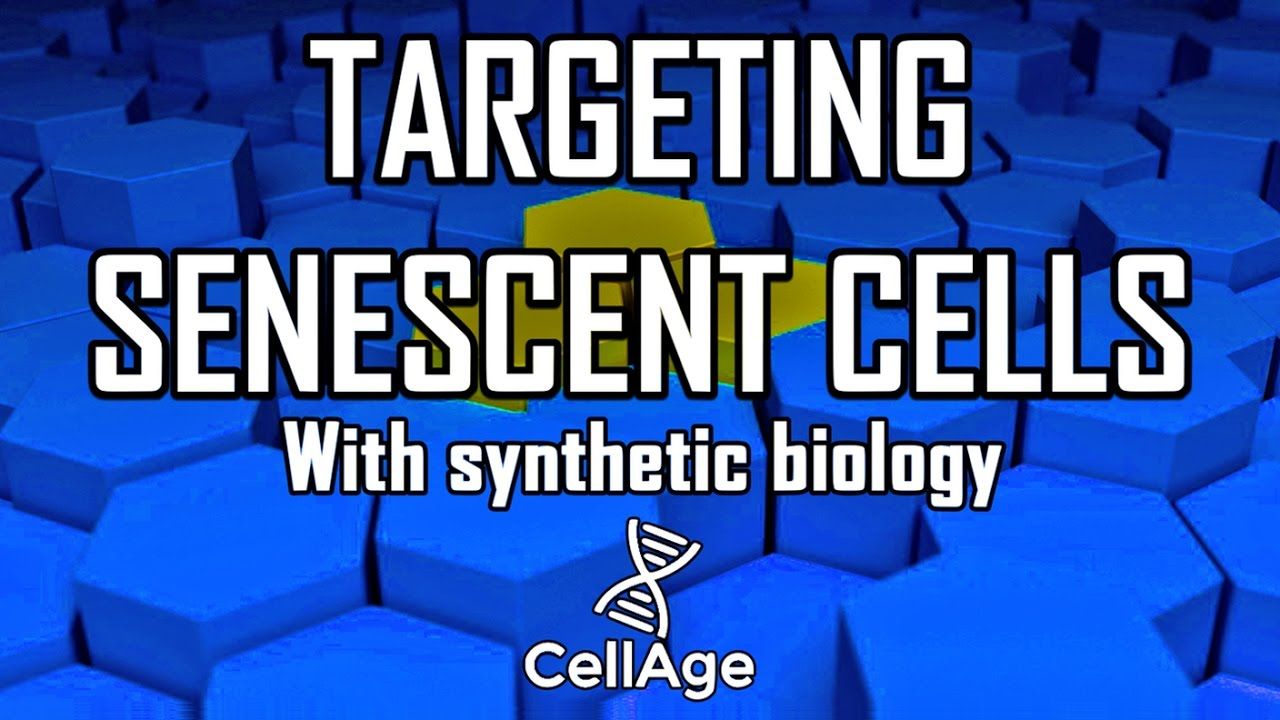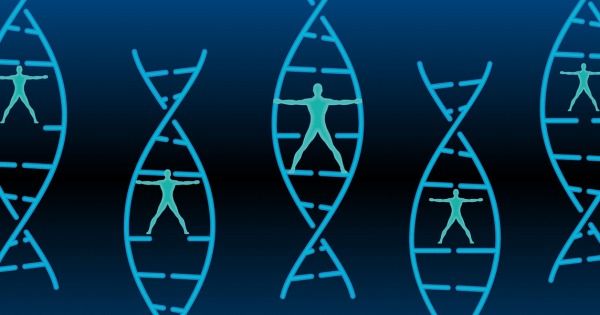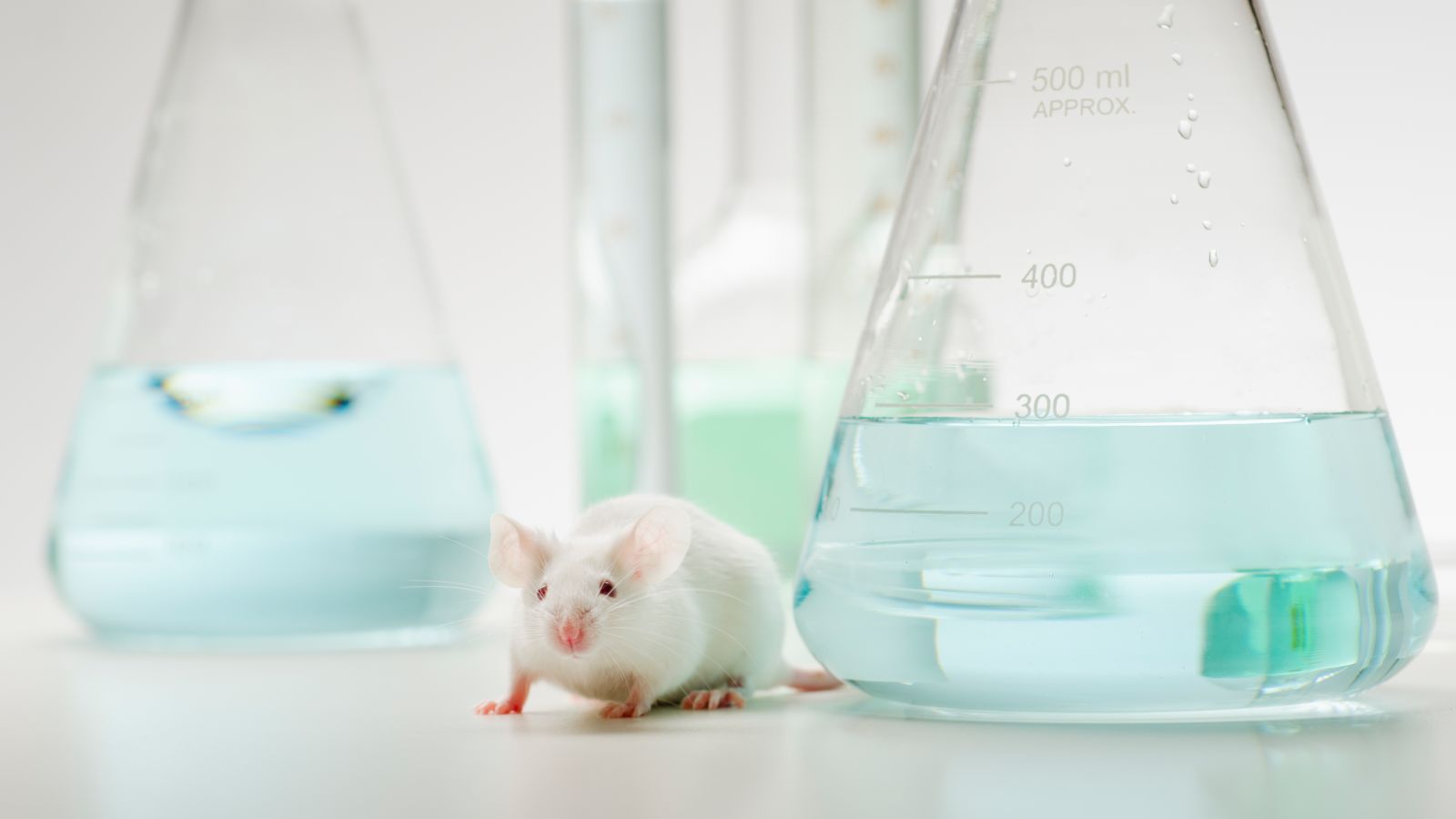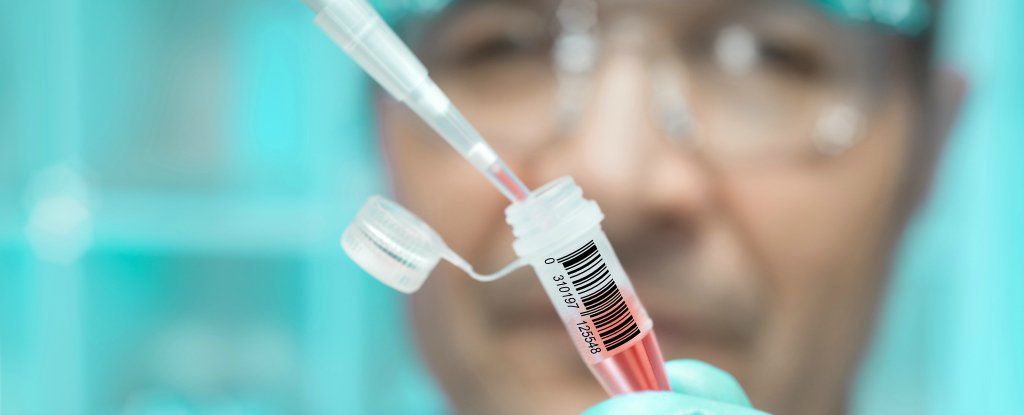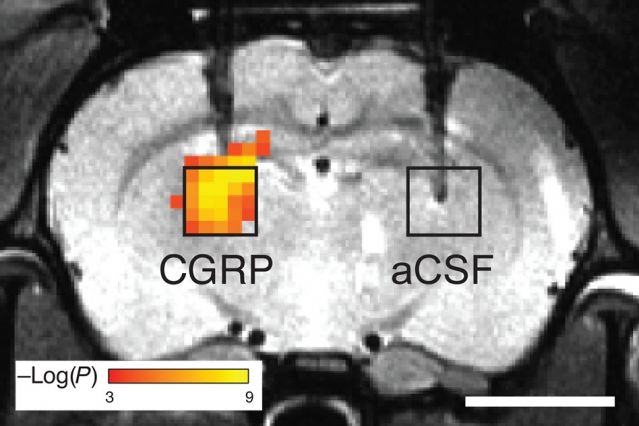Dec 6, 2016
Rhythm of breathing affects memory and fear
Posted by Bruno Henrique de Souza in categories: biotech/medical, neuroscience
Northwestern Medicine scientists have discovered for the first time that the rhythm of breathing creates electrical activity in the human brain that enhances emotional judgments and memory recall.
These effects on behavior depend critically on whether you inhale or exhale and whether you breathe through the nose or mouth.
In the study, individuals were able to identify a fearful face more quickly if they encountered the face when breathing in compared to breathing out. Individuals also were more likely to remember an object if they encountered it on the inhaled breath than the exhaled one. The effect disappeared if breathing was through the mouth.



